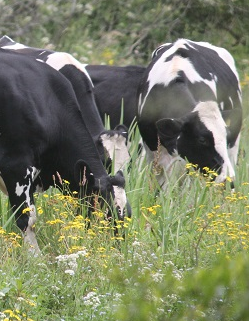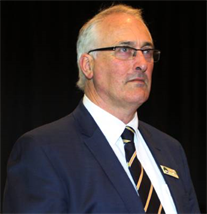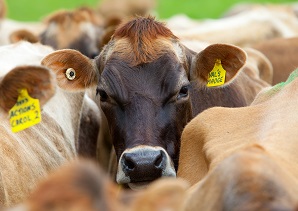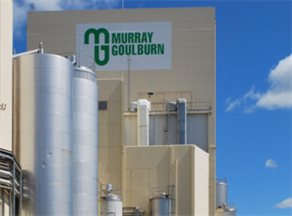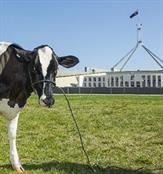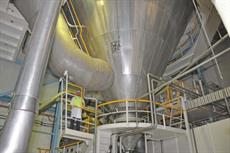The dairy industry has
received mixed outcomes from the Government’s 1 July amendments to the skilled occupation lists announced as part of the 457 visa reforms.
The Government’s decision in April to change the skilled occupation lists used to employ 457s and other permanent visas, introduce a Skilling Australians
Fund levy and put the Dairy Industry Template Labour Agreement under review, immediately affected dairy farmers and processors’ ability to hire overseas
staff.
The changes are being implemented in stages and the Australian Dairy Industry Council (ADIC) has been there every step of the way trying to lessen the
impact.
ADIC has been engaging in consultations with the Department of Immigration and Border Protection, lobbying relevant ministers and raising our concerns
with the Department of Agriculture and Water Resources about the impacts of these changes on the dairy sector.
We have also partnered with the National Farmers Federation and other commodities to present a united agriculture view.
On 1 July we learnt that our meetings, letters and submissions have had some impact.
Five occupations in the processing sector have been reinstated to the occupation lists, including Food Technologist – a highly specialised occupation which
processors have been unable to fill with local candidates.
There is still more work to be done.
The 1 July changes confirmed that ‘Dairy Cattle Farmers’ can only be employed for two years (with capacity for renewal onshore once only), with no pathway
to permanent residency. The announcement also confirmed the requirement for contributions to be paid to the Skilling Australian’s Fund, a levy which
could increase the cost of hiring 457s.
We are also frustrated that after initially being told our Labour Agreement would remain unchanged, we were later informed that labour market testing had
increased from six to 12 months and processing times had been extended from three to six months.
The dairy industry relies on overseas workers to fill labour shortage gaps in our $13.7 billion industry. Despite ongoing investment in upskilling and
training local people, demand continues to outstrip supply.
We must have the right policy settings in place to allow dairy farmers and processors to hire the people that they need to fill crucial roles.
ADIC will continue to make sure dairy’s voice is being heard as these visa reforms become finalised by March 2018.
By Terry Richardson
ADIC Chair


